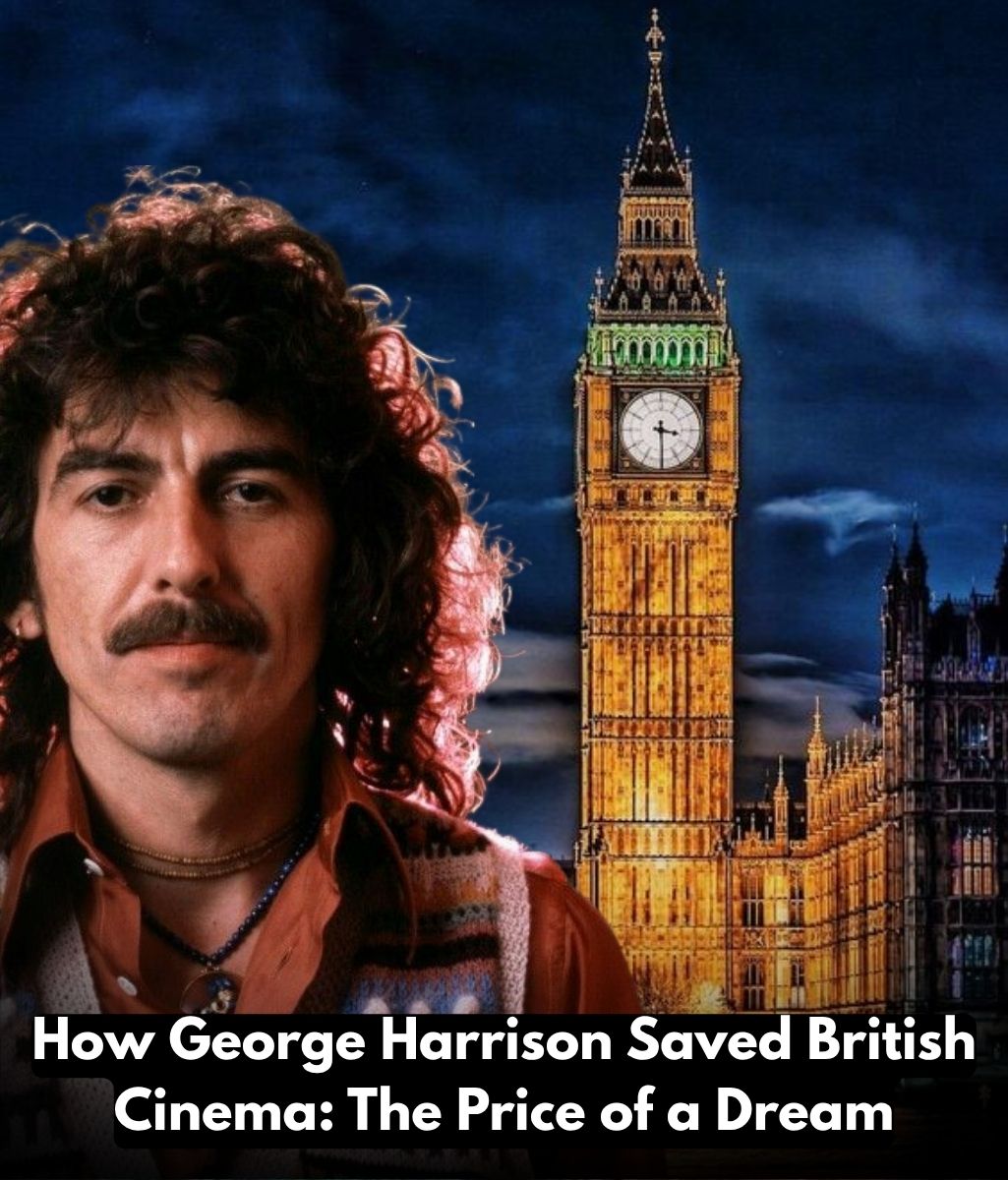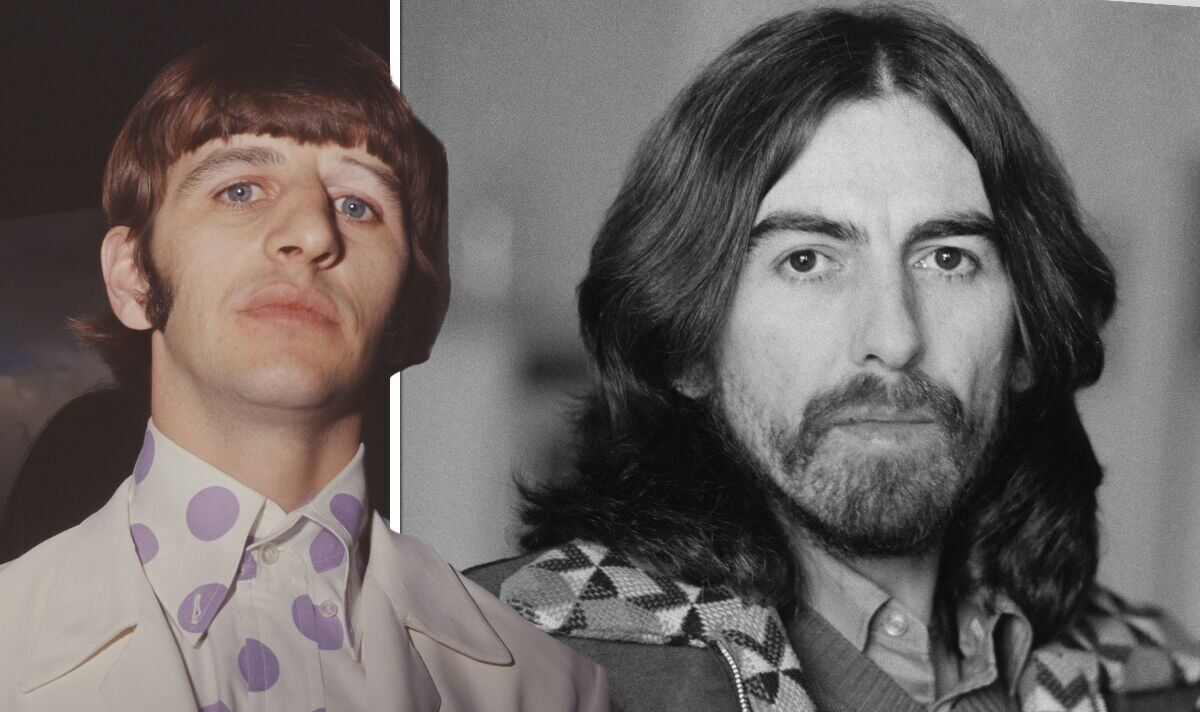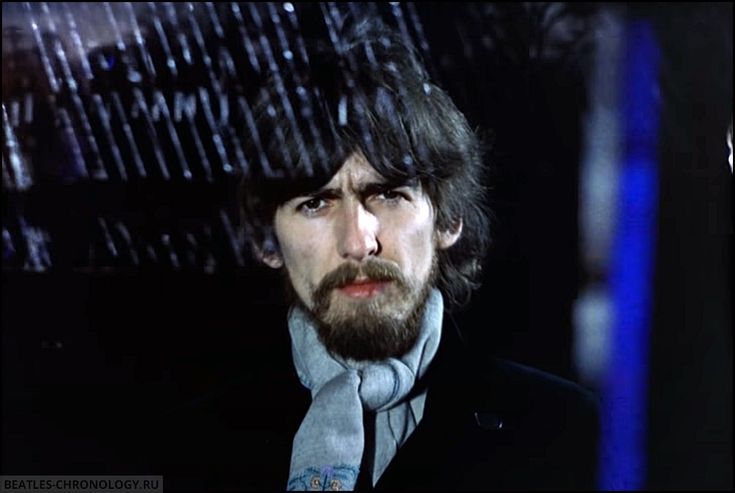
It began, as many great stories do, with a phone call — one born of desperation and friendship. In 1978, The Monty Python team was in crisis.
Their new film, Life of Brian, a biting satire on religion and human folly, had just lost its financing. The set was built, the crew was waiting, and the dream was slipping away. Eric Idle, out of options, picked up the phone and called George Harrison.
George listened. He understood. He always did.
💬 “I just want to see the movie,” he told Idle. His voice was calm, but his mind was already made up. Within days, Harrison mortgaged his own home — the grand and whimsical Friar Park in Henley-on-Thames — and handed over £3 million of his own money to fund the film.
The Pythons would later joke that it was “the most expensive movie ticket in history.” Yet what George did was no joke. That single act didn’t just save Life of Brian — it changed the course of British cinema.

At a time when Hollywood dominated and the British film industry seemed to be fading, George Harrison became its unlikely savior. Out of that one extraordinary gamble was born Handmade Films, a company that would go on to produce some of the most daring, original, and beloved British films of the 1980s.
From Time Bandits to The Long Good Friday, Mona Lisa to A Private Function, Handmade Films was driven not by formulas but by faith — George’s faith in artists, in stories that mattered, in the kind of risk that no corporate studio would dare take. He was not a mogul. He was a musician who believed that creativity should never bow to commerce.
The results were electric. Life of Brian became an international success, both scandalous and celebrated. Its triumph opened the door for a new wave of British filmmakers and storytellers. George’s quiet courage — mortgaging his home, betting everything on a film others had rejected — inspired others to believe that independence was still possible.

But the price of that dream was real. Handmade Films would eventually cost George millions. The company, while artistically rich, struggled financially and became entangled in lawsuits and losses. Yet even as the venture drained him, he never expressed regret. For George, it had never been about profit. It had been about preserving the spirit of creation — that sacred spark that had defined his life since the days of The Beatles.
In an era obsessed with franchises and blockbusters, his gesture feels almost impossible to imagine. A man willing to risk everything, not for fame or return, but for art itself. George once said that freedom was the only true measure of success, and through Handmade Films, he gave that freedom to an entire generation of artists.
What Life of Brian began became a legacy far larger than any balance sheet could measure. It gave the world laughter, rebellion, and proof that one man’s conviction could still alter the course of culture.
George Harrison may have been the “quiet Beatle,” but when British cinema was on the brink of silence, he was the one who made it sing again. And though it cost him dearly, it gave us something far more lasting — a reminder that sometimes, the price of a dream is everything you have.